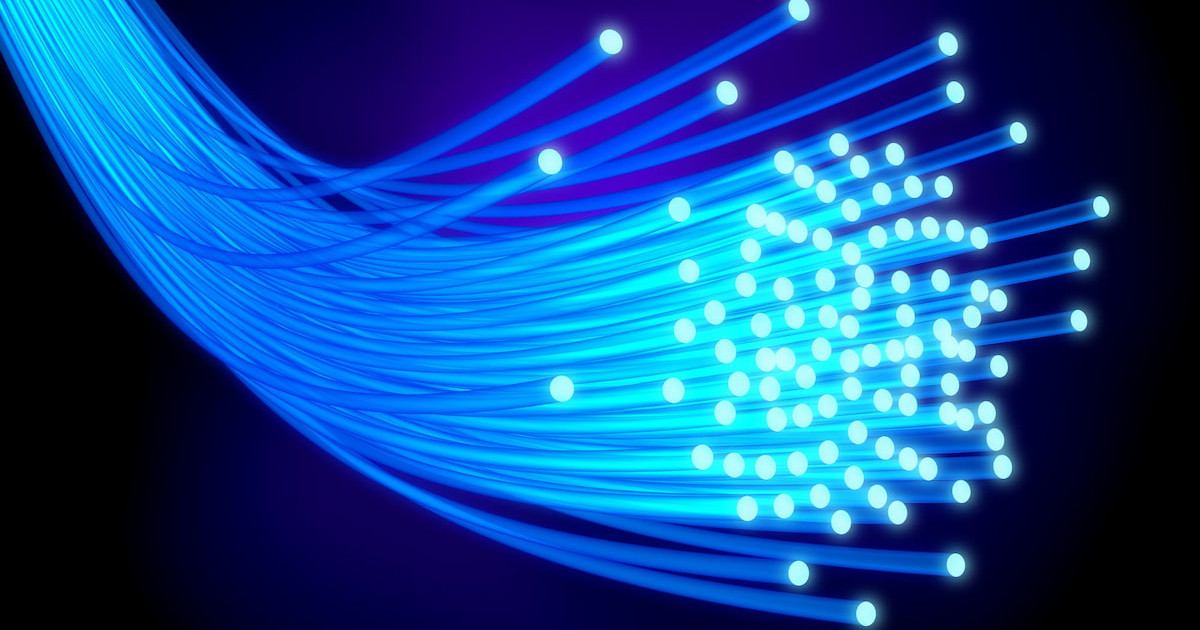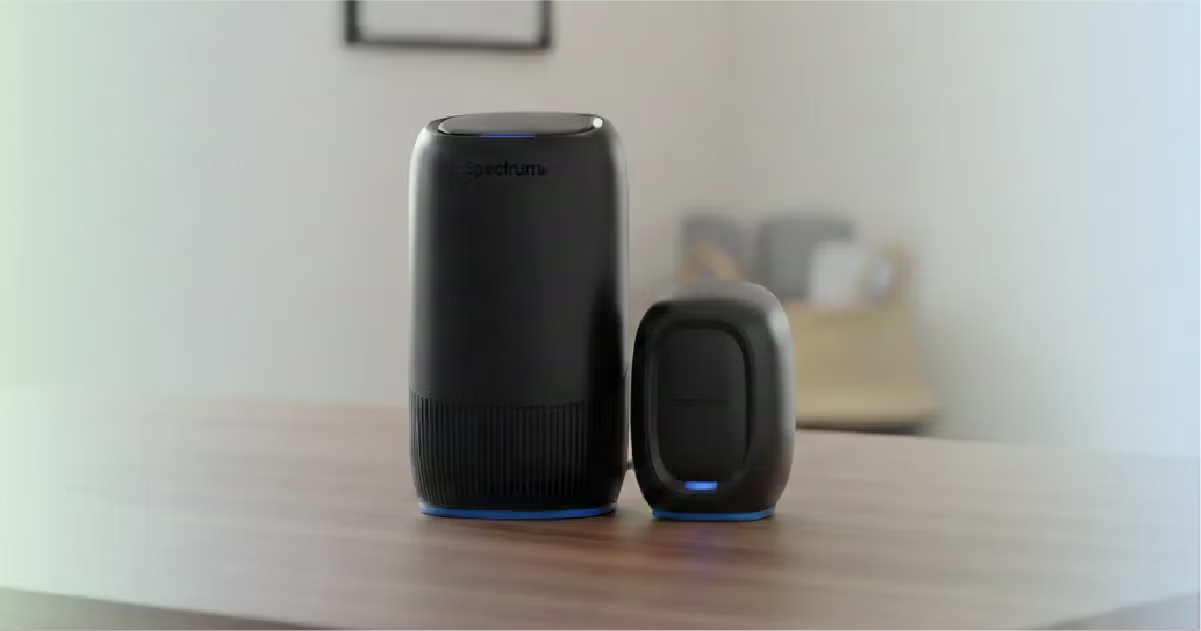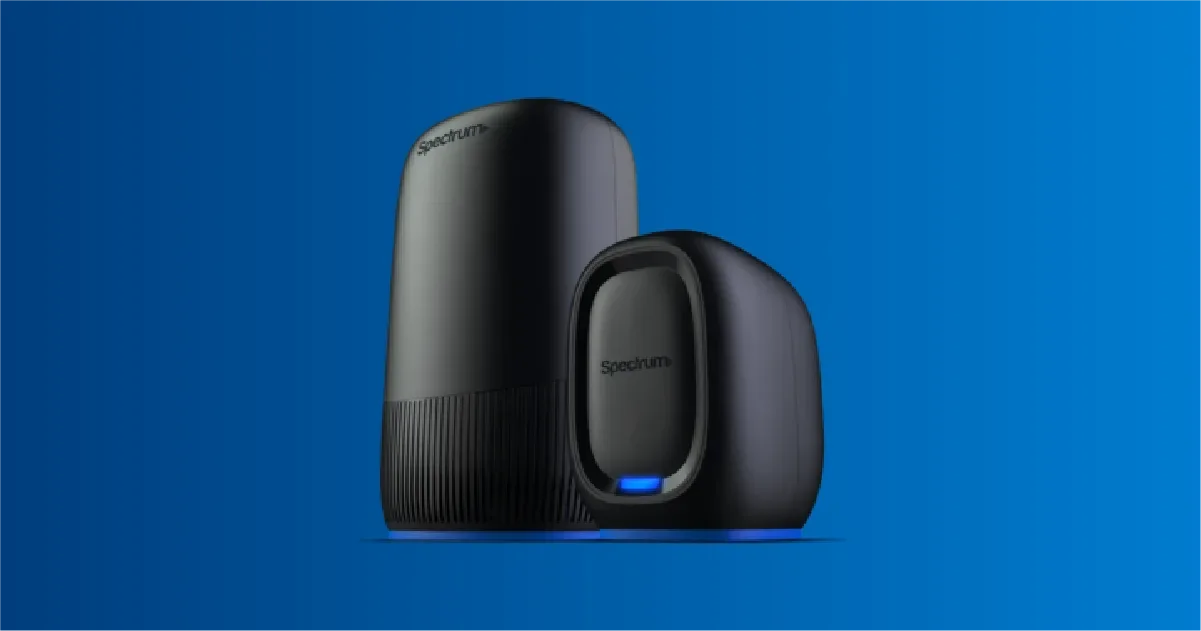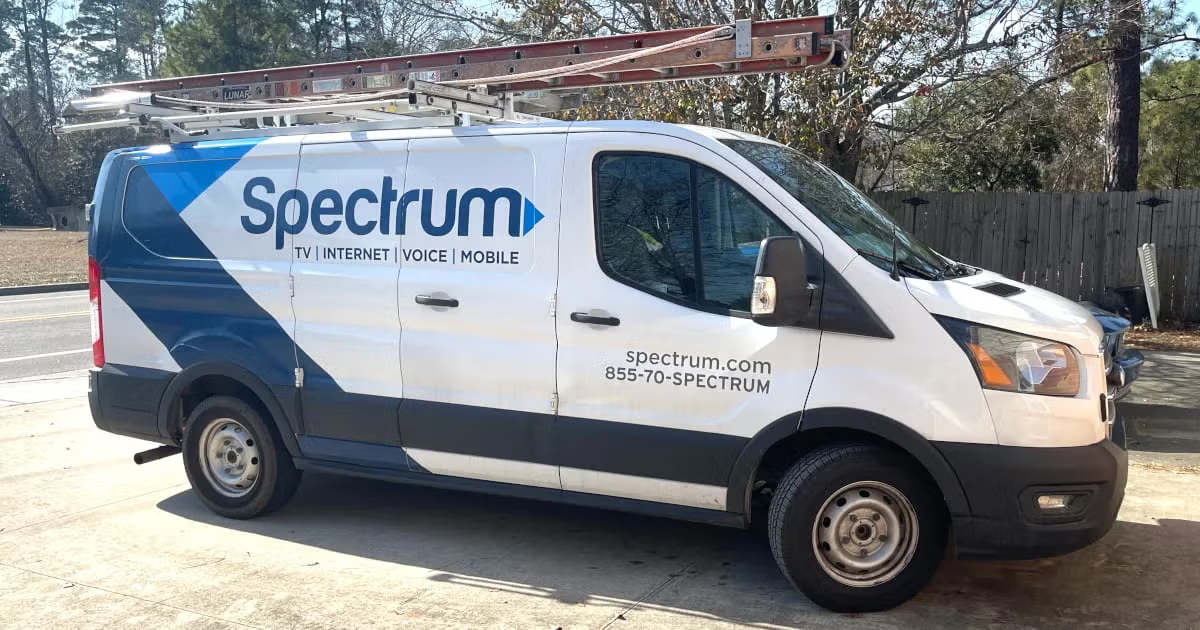5G Fixed Wireless Internet: Why You Should Try It
Sep 2, 2025 | Share
Technology
5G fixed wireless internet—also known as 5G home internet—is a relatively new type of internet service that gives you an internet connection over a 5G cellular phone network. Although availability is mostly limited to big cities and metro areas, 5G fixed wireless internet is well worth trying out because it’s fast, relatively cheap, and easy to set up.
Plans from 5G home internet providers like Verizon and T-Mobile don’t have annual contracts or data caps, making them more cost-effective than many cable internet plans. See below for a full breakdown of the pros and cons of 5G home internet and recommendations on the best 5G fixed wireless plans.
Is 5G home internet available in your area?
Enter your zip code to see who provides 5G home internet near you.
In this guide:
Best 5G fixed wireless internet plans | What is 5G fixed wireless internet? | Pros and cons | Why get 5G fixed wireless internet? | Our verdict
In this guide:
Best 5G fixed wireless internet plans
| Plan | Price | Download speed | Order online |
|---|---|---|---|
| AT&T Internet Air | $60.00/mo.* | Up to 90–300Mbps | View Plan |
| Verizon 5G Home Internet Plus | $60/mo.† w/ AutoPay | Up to 500Mbps | View Plan |
| T-Mobile All-In Internet | $70/mo.‡ w/ AutoPay, plus taxes & fees. | Up to 498Mbps | View Plan |
* Includes $5 off with AutoPay and Paperless Bill
† Price per month with Auto Pay & without select 5G mobile plans. Consumer data usage is subject to the usage restrictions set forth in Verizon’s terms of service; visit: https://www.verizon.com/support/customer-agreement/ for more information about 5G Home and LTE Home Internet or https://www.verizon.com/about/terms-conditions/verizon-customer-agreement for Fios internet.
‡ Guarantee exclusions like taxes and fees apply.
Cellular carriers Verizon and T-Mobile are the two major providers of 5G home internet at the moment. They both have 5G home internet plans with respectable speeds and unlimited data for $60 a month.
Verizon 5G Home Internet gives you a 50% discount on the monthly bill when you bundle your service with one of its unlimited phone plans, making it an especially good deal for Verizon phone customers. T-Mobile 5G Home Internet costs just $40 per month when you bundle the service with the Magenta Max phone plan.
Starry Internet is another great option—technically its service isn’t advertised as 5G, but it works in much the same way as Verizon and T-Mobile’s 5G home plans do. Ultra Home Internet meanwhile is geared mostly towards rural customers, with higher pricing and stricter data limits, similar to satellite internet.
How much speed do you really need?
Some 5G home internet plans are faster, others are cheaper. Use our “How Much Internet Speed Do I Need?” tool to see how much bandwidth you need for your home so you know what to pick.
What is 5G fixed wireless internet?
5G fixed wireless internet (also commonly known as 5G home internet) is a service that uses wireless telecommunications to give you an internet connection in your home. It first emerged with the advent of 5G in 2019 and represents one of several ways that phone companies have been trying to use cellular networks for things other than cell phones. It’s mostly available through cellular carriers like Verizon and T-Mobile, who use networks of small-cell 5G transmitters to communicate with a modem installed in your home in order to give you an internet connection.
This represents a much different approach to home networking. Traditional broadband internet types like fiber and cable give you a wired connection to your home using cables buried beneath the ground. By contrast, a 5G connection is totally wireless, using radio signals over a cell phone network.
Pro tip:
Take a look at our 4G vs. 5G guide for a breakdown of how 5G works and how it differs from 4G cellular networks.
What are the pros and cons of 5G fixed wireless internet?
5G fixed wireless internet is relatively fast, easy to set up, and comes at an unbeatable price. However, a 5G connection can be more unreliable compared to cable and fiber internet. You save money with a 5G home internet plan, but you may have to deal with the occasional random disconnect.
Pros
Solid speeds (33–1,000 Mbps)
Fixed monthly rate for billing (no extra fees for installation or equipment)
Simple plug-and-play setup
No data caps or annual contracts
Cons
Limited availability
No availability in rural areas
Occasional service disconnects
Two good reasons to get 5G fixed wireless internet—and two good reasons not to
Should you get 5G home internet? Let’s find out.
5G fixed wireless is fast
5G can be quite fast because it has fewer users compared to older 4G LTE phone networks. 5G carriers like Verizon also use higher frequency radio bands like millimeter-wave and C-band spectrum, giving them a lot more capacity to carry data at extremely fast rates. 5G fixed wireless internet speeds usually average out around 100–300 Mbps, similar to a mid-range fiber or cable connection.
How fast is your current connection?
Download our speed test app to see how much bandwidth you get on your current connection. Hopefully a 5G plan can give your speeds a boost!
How fast is your current connection?
Run our speed test to see how much bandwidth you get on your current connection. Hopefully a 5G plan can give your speeds a boost!
5G fixed wireless is cheap
Cellular carriers Verizon and T-Mobile are trying to compete with traditional internet providers for market share, and to get a leg up they’ve tossed aside a lot of the annoying pricing tricks and extra fees that are common on many cable internet plans. You don’t have to pay for equipment or installation. You get unlimited data. And you can cancel any time without paying early termination fees.
5G availability is limited
Since 5G is such a new technology, it isn’t widely available nationwide. There are fewer 5G internet providers compared to cable and fiber internet providers, and the 5G rollout is mostly concentrated in urban areas and big cities. It’s not likely that rural areas can enjoy 5G internet any time soon.
You may have recurring disconnects
One of our experts on HighSpeedInternet.com recently signed up for Verizon 5G Home Internet and loved it—but after a few weeks, he started having technical problems, with the connection dropping off and requiring a restart multiple times a week.
Unfortunately, based on what we’ve read in reviews and online forums, random disconnects seem to be a somewhat common issue with 5G home internet—suggesting that 5G carriers still have some kinks to work out. So it may not be for you if you depend on an ultra-reliable internet connection at home.
Our verdict: Low costs and discount pricing make 5G fixed wireless internet worth a try
Right now, the main draws of 5G fixed wireless internet are its price and simple setup. Verizon and T-Mobile both adopt straightforward pricing models that give you solid speeds at a fair price. Equipment is included, and it’s easy to use. And you don’t have to worry about misleading promo prices, cancellation fees, or other hidden costs that are common on more traditional internet plans.
5G fixed wireless internet does have some technical drawbacks, and it’s a bummer you can only find it in larger cities. But in due time, we’ll start seeing wider availability, faster speeds, and better reliability from 5G internet providers. But even at this more nascent stage we see today, most 5G home internet plans make your investment worthwhile—and if you don’t like it, well, you can just cancel and go back to your old plan, no questions asked.
More about 5G fixed wireless internet
Author - Peter Holslin
Peter Holslin has more than a decade of experience working as a writer and freelance journalist. He graduated with a BA in liberal arts and journalism from New York City’s The New School University in 2008 and went on to contribute to publications like Rolling Stone, VICE, BuzzFeed, and countless others. At HighSpeedInternet.com, he focuses on covering 5G, nerding out about frequency bands and virtual RAN, and producing reviews on emerging services like 5G home internet. He also writes about internet providers and packages, hotspots, VPNs, and Wi-Fi troubleshooting.
Editor - Rebecca Lee Armstrong
Rebecca Lee Armstrong has more than six years of experience writing about tech and the internet, with a specialty in hands-on testing. She started writing tech product and service reviews while finishing her BFA in creative writing at the University of Evansville and has found her niche writing about home networking, routers, and internet access at HighSpeedInternet.com. Her work has also been featured on Top Ten Reviews, MacSources, Windows Central, Android Central, Best Company, TechnoFAQ, and iMore.








